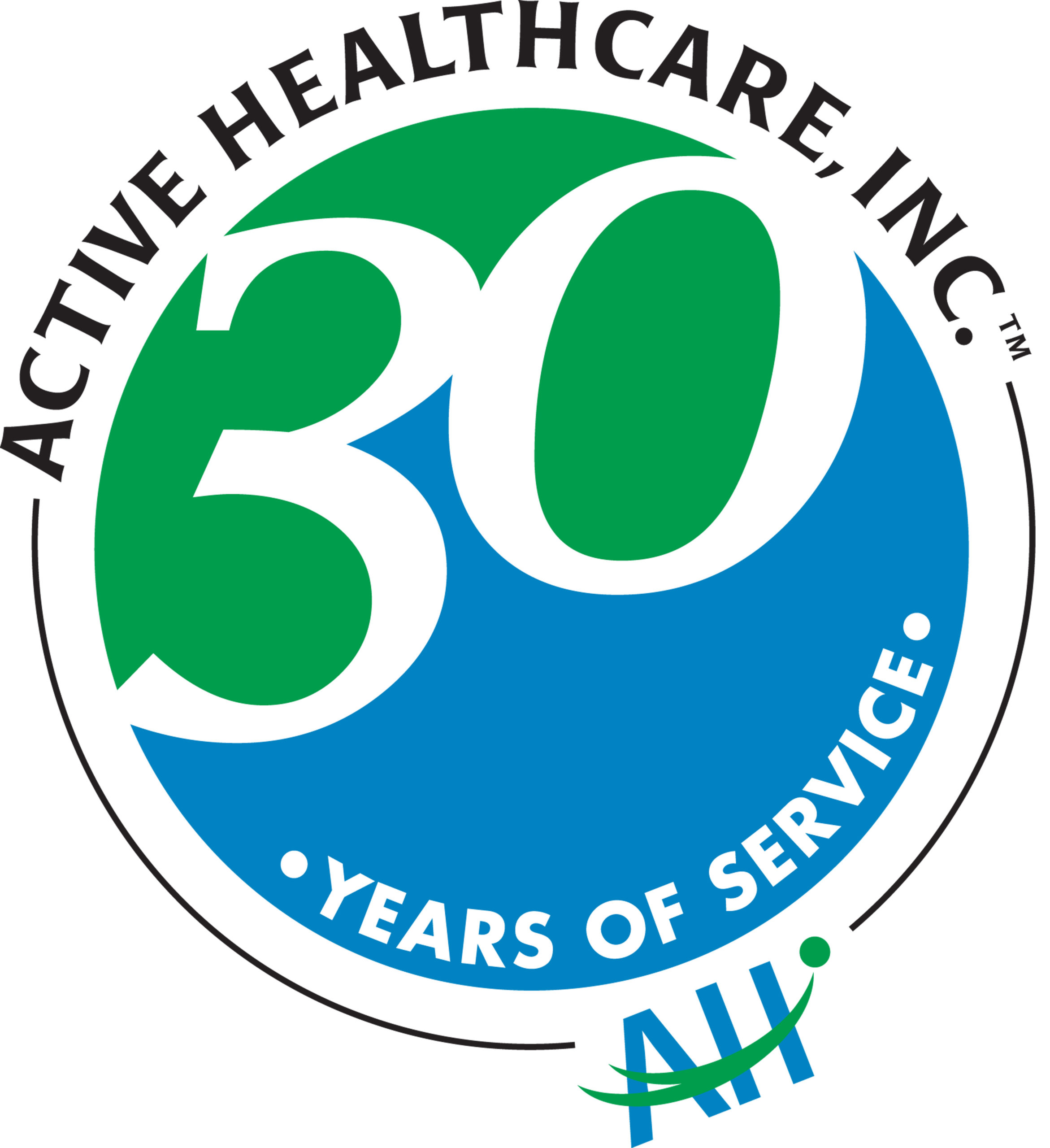
Photo from Shutterstock.
Starting a new exercise routine can be so challenging. Sometimes I put on workout clothes in the hopes that at some point during the day, I’ll build up the motivation to hit the gym and will already be dressed and ready to go. Finding the will to workout can be an even greater struggle for those with exercise-induced asthma. Individuals with exercise-induced asthma experience chest pain, fatigue, wheezing, coughing, and other breathing problems while exercising. About 70 to 90% of asthmatics are also affected by exercise-induced asthma, according to the U.S. National Library of Medicine. Researchers recently discovered that something as simple as taking a daily vitamin could greatly reduce symptoms of exercise-induced asthma. A new study in the British Medical Journal explained that those with exercise-induced asthma could benefit from taking vitamin C.
Researchers compared the results of 40 study participants that took 500 mg to 2 grams of vitamin C each day versus participants who took a placebo. Scientists looked at changes in FEV1 or “forced expiratory volume,” an indicator of the amount of air that can be forcibly exhaled in one second. Individuals that took vitamin C showed a 50% reduction in the drop of post-exercise FEV1 when compared to those that took the placebo. This result represents a vast improvement in lung function. Lead study author Dr. Harri Hemila suggests trying vitamin C if you have exercise-induced asthma since it could be an inexpensive way to help treat symptoms.
If you have exercise-induced asthma, talk to your doctor about how to develop an asthma treatment plan that will reduce your symptoms. Asthma inhalers, bronchodilators, and medication like albuterol have been known to help when taken about 10 minutes before exercising. Cold air and allergies can worsen symptoms, so you may benefit from moving your exercises indoors during the winter and peak allergy seasons. Take time to warm up and cool down so your lungs have time to adjust before and after you exercise. Exercises requiring short bursts of energy are often easier for those with exercise-induced asthma, so volleyball or walking are preferable to sports like running, soccer and basketball, which require more endurance. Swimming, another endurance sport, is an exception since the warm, damp air can make it easier to breathe.
Additional Resource:





















